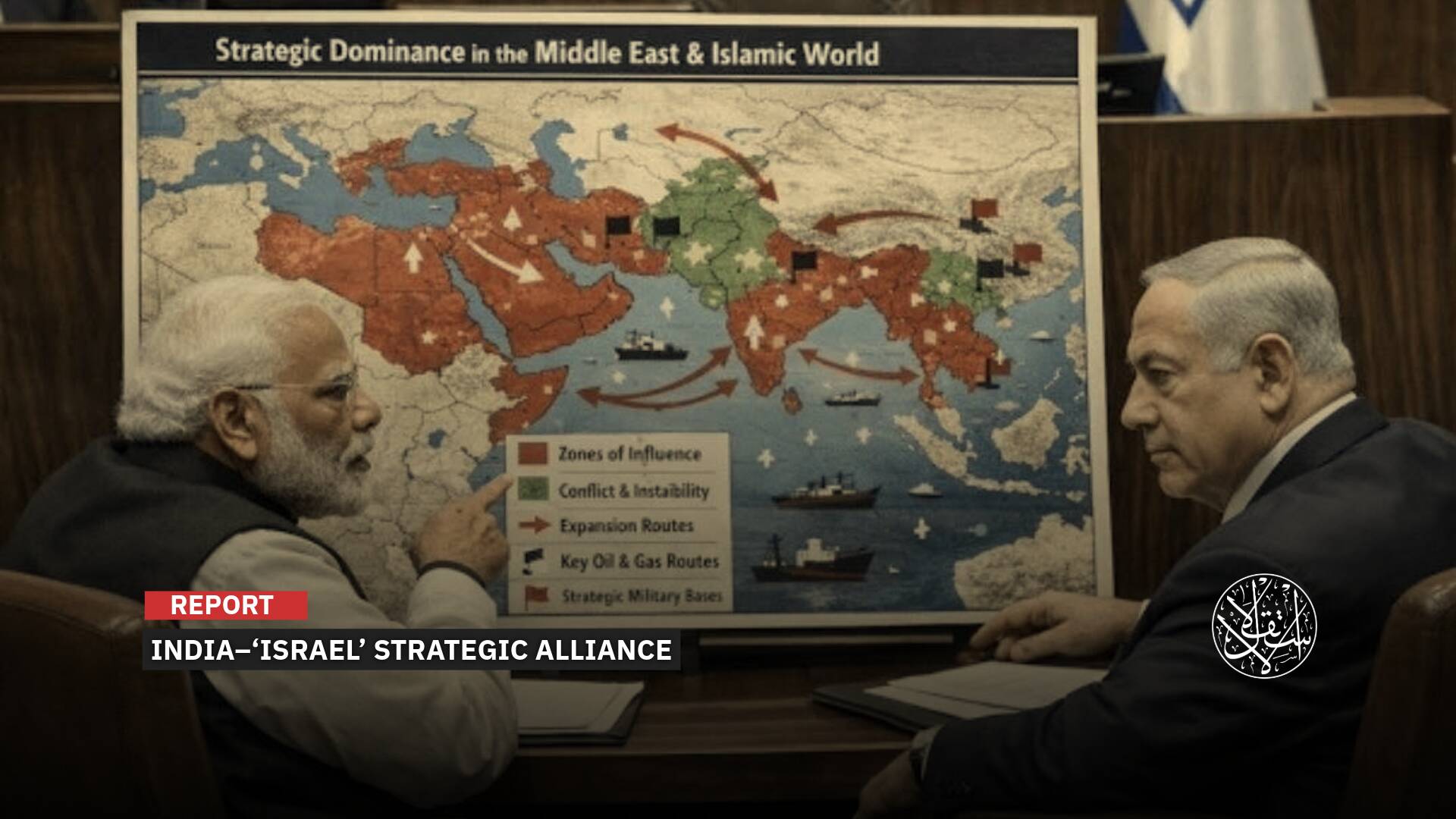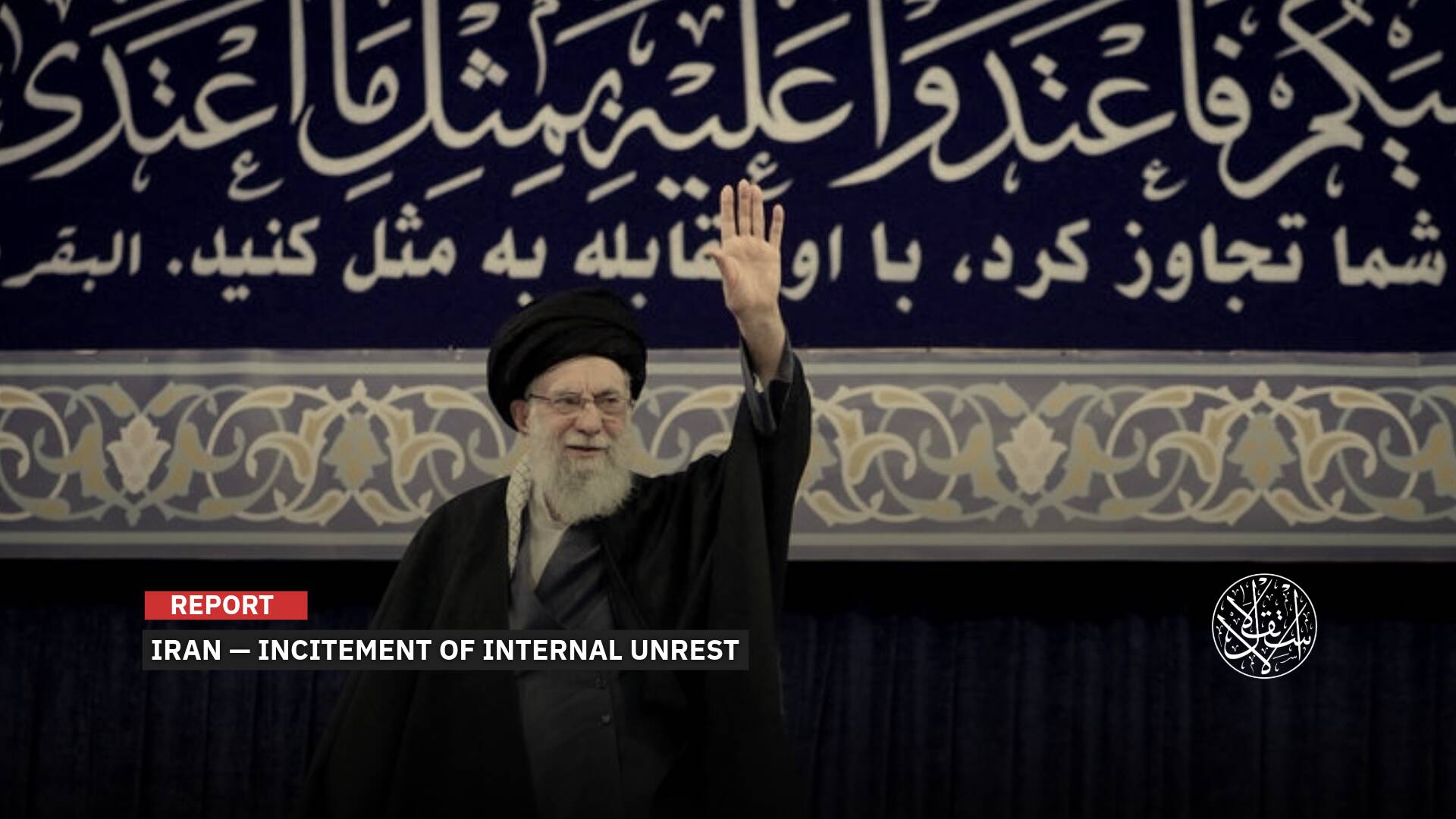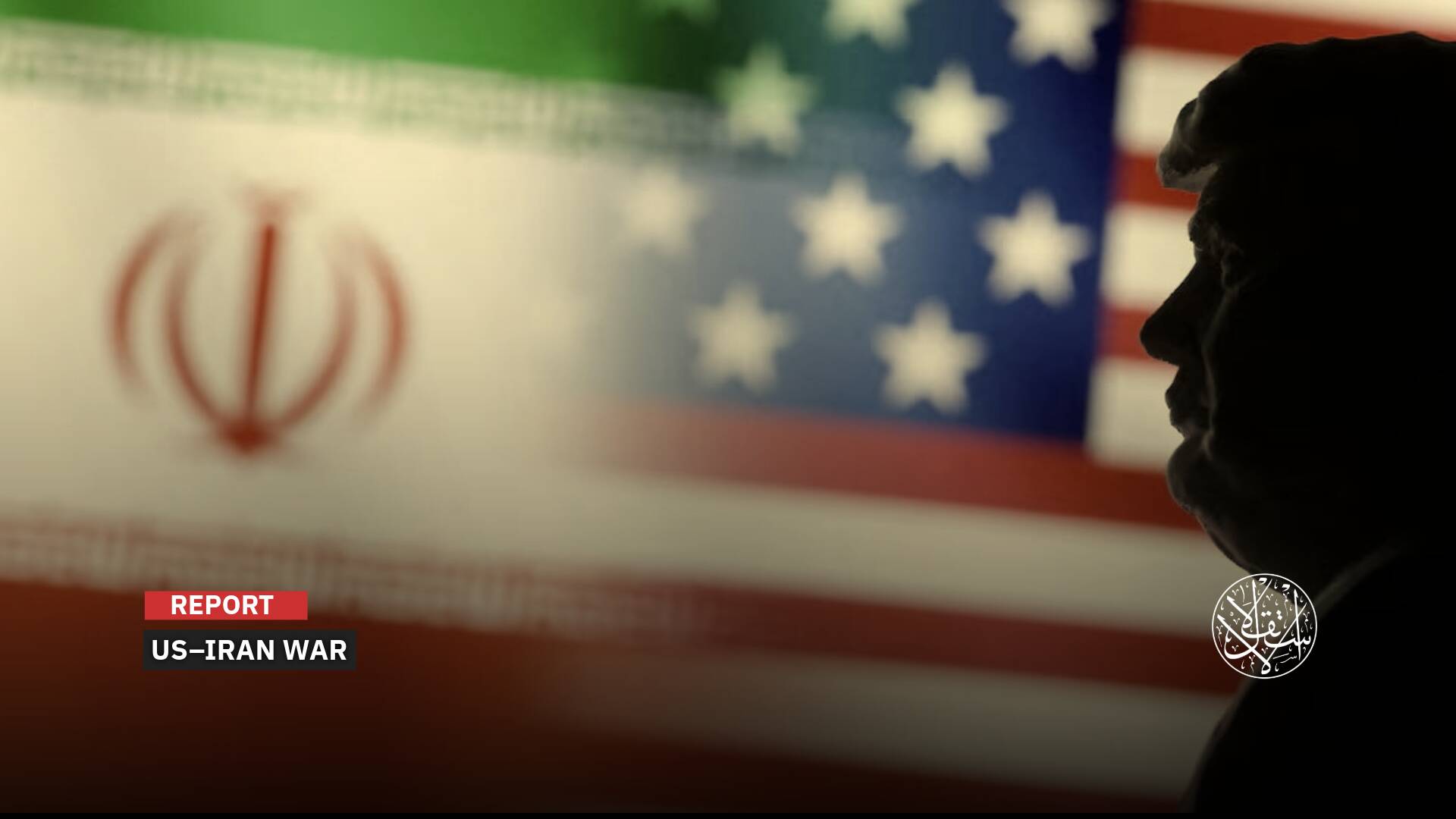US–Africa Summit: What Does It Have to Do With the US–China Race?

The results of the US–Africa summit, which was held in Washington from December 13-15, 2022, in the presence of representatives of 49 of the 54 African countries, raise many questions.
It was the second summit after an eight-year break from the first summit in 2014, and it also comes after a vacuum that characterized the policy of former US President Donald Trump toward the continent, which he neglected and described its countries as “dirty” a vacuum that rival powers, such as China, exploited to consolidate their influence.
The continent’s countries have suffered from the repercussions of severe crises, most notably the effects of the COVID-19 crisis and then the impact of the Russian–Ukrainian war, which put global security at stake and deepened the intensity of the international conflict between America and Europe, on the one hand, and Russia, on the other.
In this context, the results of the Washington summit reveal paradoxes. On the one hand, they align with the objectives and implications of the new US strategy in sub-Saharan Africa announced in August 2022.
Democratic administrations have long announced investment and economic initiatives and projects since 1998, but Republican administrations often do not adhere to what is announced, preferring to focus on security and gas priorities, which makes these announced initiatives intermittent, as evidenced by the prolonged interruption between the first and second summits for more than eight years.
These paradoxes have deepened a sense of mistrust of US promises, and the Biden administration seems to recognize this. More than one US official has spoken of a desire to regain influence by “narrowing the trust gap” between America and African countries, which have been hurt for years by the frustration generated by the policies of the Trump administration, as well as the desire to show its capabilities to China, which is the continent’s number one trading partner in the world.

Strengthening Influence
Biden and his administration seek to strengthen American influence in Africa by bypassing the policy of neglect and disregard that characterized the policy of his predecessor, Donald Trump, toward the continent—Trump who made bright promises in the Prosper Africa initiative but did not adhere to them in practice.
Among the results of this policy of neglect is the decline of American influence in the continent on more than one level; diplomatically, Trump did not visit the continent during his presidency, received only three of its presidents, and neglected to appoint ambassadors, while describing it as a “dirty continent.”
Militarily, Trump worked to reduce the US military presence in Africa, even withdrawing US troops from Somalia in January 2021, and tried to reduce US funding for African Union peacekeeping operations.
Economically, the volume of trade exchange between America and Africa declined to $41 billion in 2018, from $ 100 billion in 2008, and the volume of US direct investment in Africa decreased from $ 50.4 billion in 2017, to $43.2 billion in 2019, a decrease of 14%.
Trump’s policy of ignoring America’s relationship with Africa has allowed China—and other international powers such as Russia, India, and Turkiye—to expand its influence and fill the American vacuum.
For example, China has shown a strong commitment to Africa. Since 2000, the China–Africa summit has been held every three years, and in the last summit held in 2018, China promised Africa investments of about 60 billion dollars.
Noting that Chinese statistics indicated that during the period between 2009 and 2021, the volume of trade exchange between the two parties exceeded about 207 billion dollars, an annual increase of more than 37%, while Chinese direct investment amounted to 2.59 billion dollars.

US Rescue
There is no doubt that the United States wants to catch up with China in Africa, and President Biden has shown increasing interest in the African continent.
In December 2021, his administration, in its first initiative, called for a virtual summit on democracy, to which only 18 African countries out of 110 countries around the world were invited.
In August 2022, US Secretary of State Antony Blinken announced a new US Strategy for Sub-Saharan Africa, which seeks to achieve several key goals: promoting just and open societies, promoting democracy and addressing security challenges, supporting economic recovery from the effects of COVID-19, supporting infrastructure and investment partnership programs, promoting climate change and supporting green ecosystems and energy.
The latest summit, to which 49 of the 54 African countries were invited, is part of the Biden administration’s efforts to renew the US commitment to Africa, with its challenges and opportunities.
The second summit resulted in political and economic results; the political results are the promises made by the US president to African leaders, where he stressed that his country will be a “key ally” of the continent, supporting the principles of democracy, governance and human rights, and strengthening the role of the African Union in building global peace and security.
He also promised to grant it permanent membership in the Group of Twenty (G20), and a permanent seat for Africa in the UN Security Council, while appointing a US envoy in charge of coordinating US policies in Africa.

In terms of economic results, the United States has pledged $55 billion to the continent in investment, loans, and aid over the next three years, signing a memorandum of understanding to establish the world’s largest free trade area with investments of more than $3.5 billion, as well as other funding for several initiatives related to youth and democracy, food security, health projects, digital transformation, literacy, energy, and climate.
But the Biden administration’s promises seem modest compared to the challenges facing the continent, and they will not even be enough to meet the growing basic needs of 54 African countries, as $ 55 billion means only one billion dollars per country over three years.
Especially knowing that the procedure for approving this aid has not been completed and still requires the approval of the Republican-led Congress, and there are no guarantees that the funding and implementation of the announced initiatives will continue in the event that the US administration changes and Trump returns to the American presidency.
Perhaps the strongest evidence of this is that the new strategy does not call for the launch of new development initiatives or programs, but only re-highlights pre-existing initiatives, such as Prosper Africa, Power Africa, and Feed the Future, which the Biden administration seeks to revitalize to be more effective and productive in the reality of Africans.
Sources
- Christopher Fomunyoh: "The African commitment of the United States is real and is projected in the long term" [France]
- A New Era for China-Africa Cooperation [Arabic]
- U.S.-Africa Summit Outcomes Oscillate Between Expectations Gap and Credibility Dilemma [Arabic]
- The Trump Administration in Africa. Initiatives and Presidential Ignorance [Arabic]












